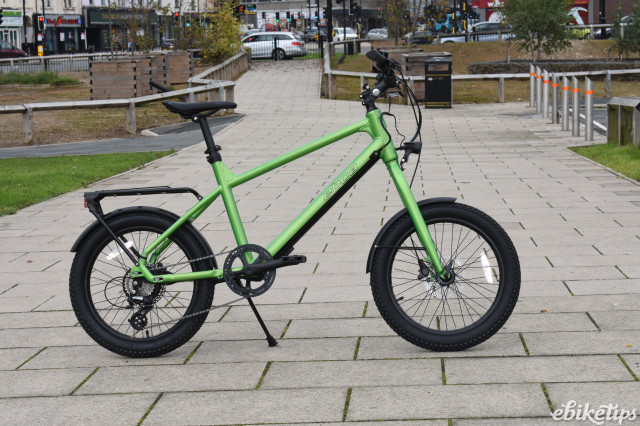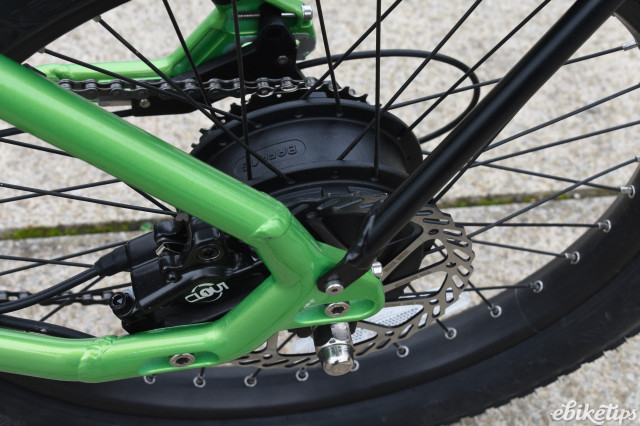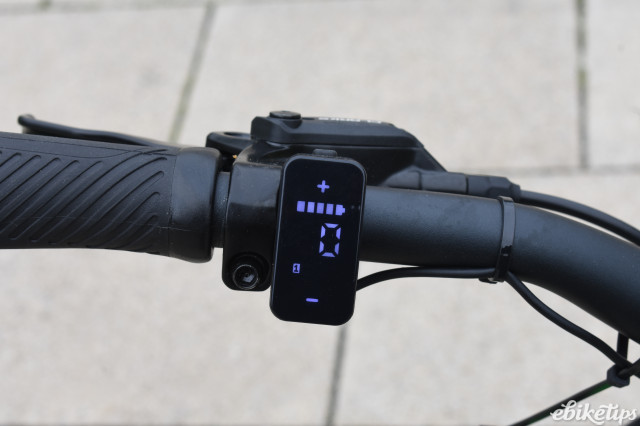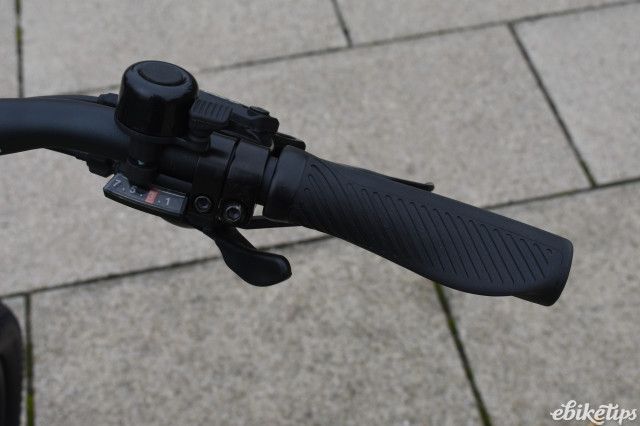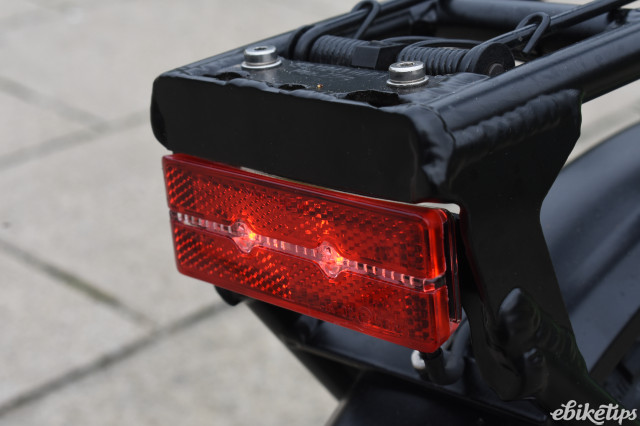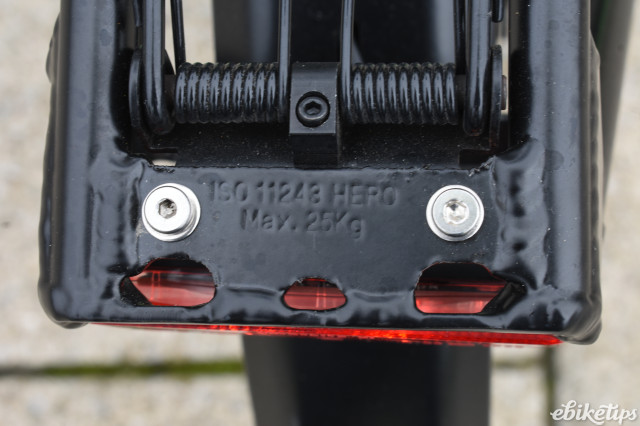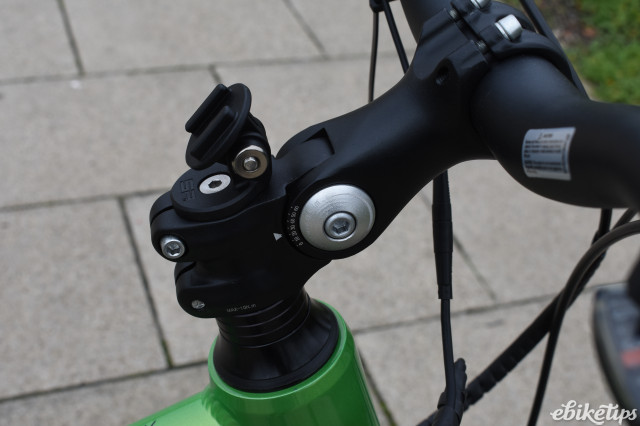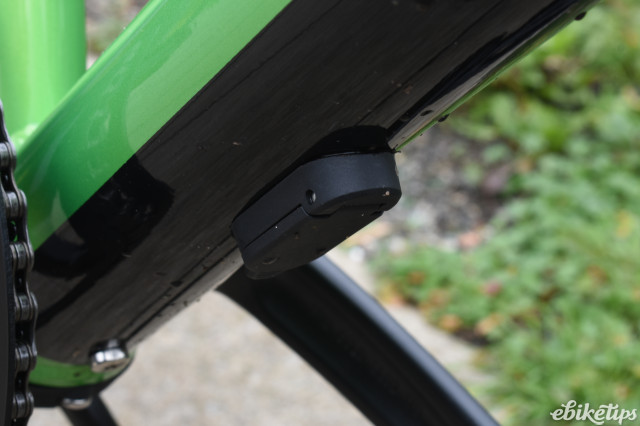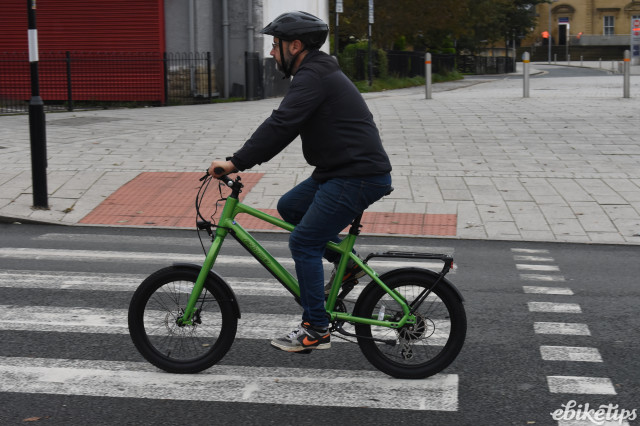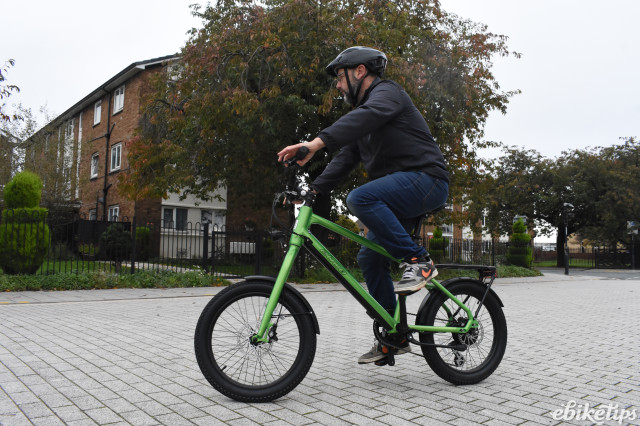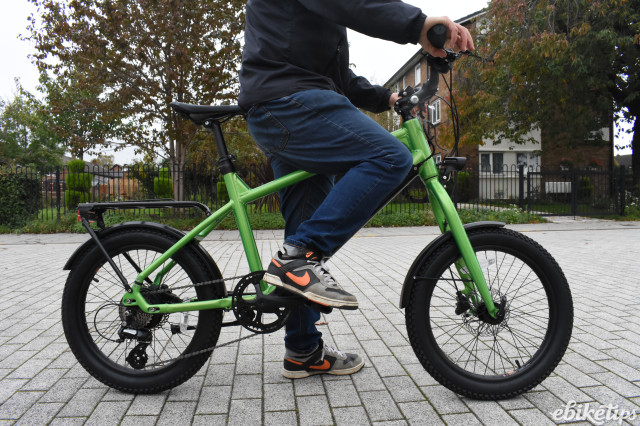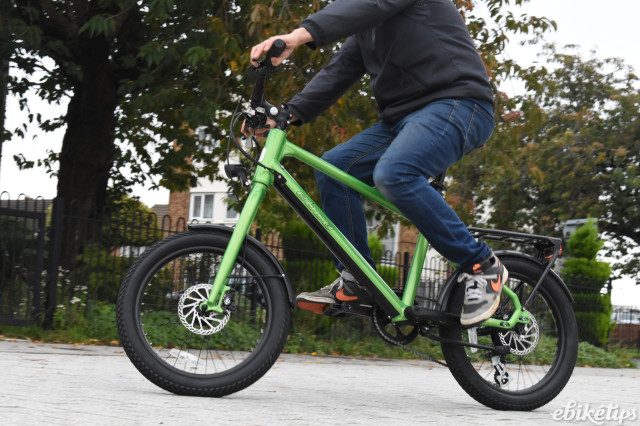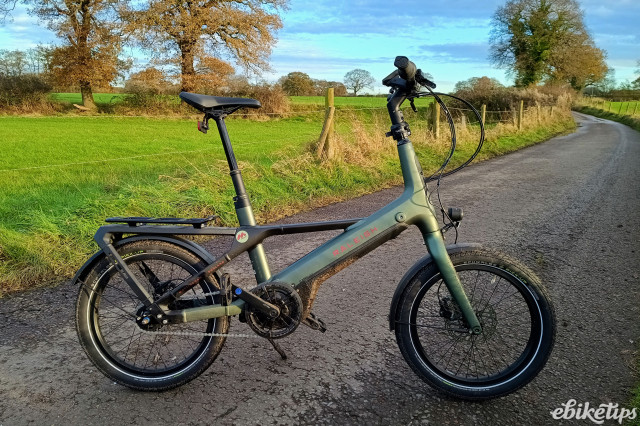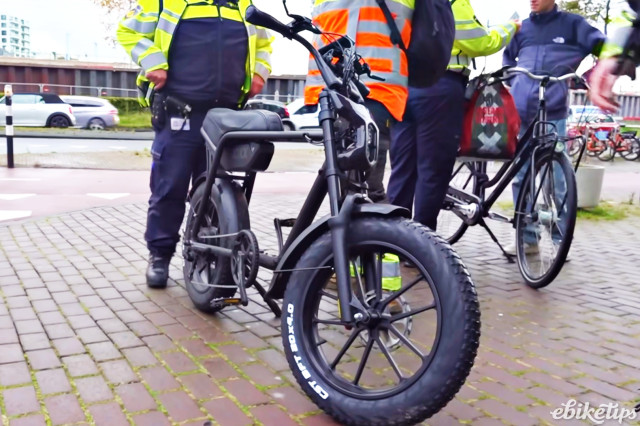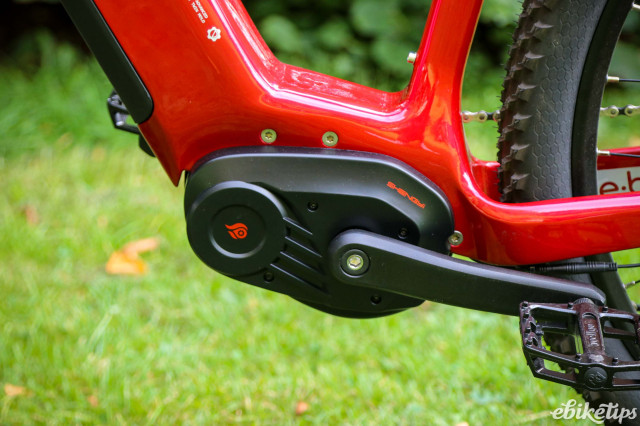Review: EBCO Street 2
Overview
- Nippy in traffic
- Good hill climber
- Plenty of practical features for everyday riding
- Charge port exposed to mud and water from tyres and fiddly to access
- Battery cannot be removed for charging
The EBCO Street 2 is a compact style e-bike that aims to combine manoeuvrability and portability, all-weather commuting equipment and some off-road capability. And the £1,399 price tag looks attractive too.
It's termed a 'compact' e-bike - one with small wheels, like many folders, but compacts don't fold. The small wheels and small footprint means they are small and nippy through busy town traffic and are easy to store in a corner at home should you be space strapped or need to squeeze onto a busy train with your e-bike.
20” diameter wheels - used on the Street 2 and pretty standard on most compacts - accelerate quickly. This isn’t only great for getting ahead of motor traffic at lights; it’s simply great fun too. And despite the fact that most compact bikes have ‘one-size-fits-all’ frame designs, they can still work for larger riders.
The EBCO Street 2's relatively low price means it gets a ubiquitous Bafang hub motor which, visually speaking, isn't at all noticeable in the rear wheel. But don't let that fool you - these might be low cost items but, if they are specced and paired with a suitable controller, they can be very effective performers indeed. The EBCO Street 2 motor certainly put in a sound performance which I'll expand on more later.
I found the Street 2's appearance striking in a number of ways, from its eye-popping lime green frame to its geometry that looks a little like a BMX bike stretched vertically. Large volume knobbly tyres (20" x 2.4") give it a touch of ruggedness. Overall though, it's got very clean looks, with most of the cabling out front of the handlebar area with the rest hidden in the frame.
It's also got a frame-integrated battery - that is to say one that can't be removed for charging. so you need to be able to get the bike near a plug socket. Still, it adds to the lovely svelte looks of the Street 2.
My main gripe was not with the fact that the battery is not removable but that EBCO have chosen to put the charging port underneath the downtube where it is exposed to mud and water from the front wheel and where it's very fiddly indeed to get the charger plugged in as it needs to go in at just the right orientation.
Compacts are best considered 'utility' e-bikes so, typically for a compact, the Street 2 has hardwired lights, tough alloy mudguards, kickstand, rear rack, an SP Connect phone mount on the headset and a fore-and-aft adjustable handlebar stem which I found great for getting a nice comfy but slightly sporty riding position. Pulling the bar position back towards me also helped make the handling less twitchy, so I rate this feature highly.
The ride
The motor system was very impressive overall. It was quick off the mark and up there with the best hub motors on my standard extended test climb. It easily conquered the 20% gradient of my shorter but much steeper test too, though a lower bottom gear would have come in handy.
Overall though, the seven speed Altus derailleur gearing was about right, topping out at around 20mph. The Street 2 wasn't the easiest to pedal without power but that may well be due to those heavy-looking knobbly 2.4" wide tyres.
Talking of tyres, the Ralson brand ('India's fastest growing tyre company' apparently) did a decent job of providing plenty of grip on wet autumnal roads and fared well off-road on wet canal towpaths and the like, the large volume also providing good comfort. I didn't ever wish for front suspension.
It was all helped by the fact the ride position and geomentry felt sporty yet safe and very stable into corners, even at speed. It would have been nice to have tried the bike with lighter large volume gravel style tyres like Schwalbe G-Ones but you can't have everything on a bike at this price.
Lighter tyres would also have helped to shave a bit of the overall bike weight off too - at 20.6kg the Street 2 isn't exactly heavy for an e-bike but it certainly isn't a lightweight either. Still, its compact shape and size made it pretty easy to pick up and carry up steps and the like.
The display doubles as the power level switch (there is a separate on-off switch on the frame) which made easy work of changing through the five power levels. This gives a nice gradation of power, which arrives smoothly and quickly via the cadence sensing system as soon as you started pedaling. My only niggle was that it arrived with a little surge even in level 1, which was unexpected and feels a little wasteful. That didn't stop me getting a range of around 30 miles from the 360Wh battery, albeit over fairly easy terrain it has to be said.
Everything else worked pretty much as it should, from the sharp and progressive Clarks Clout hydraulic disc brakes to the budget but reliable seven-speed Shimano Altus derailleur. The lights in particular were standout performers as not only could you see clearly on unlit roads but they offered a high level of visibility from the side as well as front and rear.
Just note that if you want to take full size panniers on this bike, it may involve a bit of setting up or you may be unlucky and struggle to fit your existing panniers so that your heels don't catch whilst pedalling. The tubing is 14mm thick which may be too thick for some old school panniers whilst the distance between the cranks and the rear wheel is relatively small, so you have to set the panniers as far back on the rack as possible. In short, the more adjustable your pannier hook system, the better chance it has of working with the Street 2.
Compact competition
There's not too much compact competition in the sub-£1,500 price range that the Street 2 finds itelf in, although there are some very effective mid-drive compacts from the likes of Cube and Orbea. Full RRP on these is at least £1,000 more than the Street 2 but Electric Life currently have a whopping discount on the Orbea Katu E30.
Perhaps the closest competitor that we have tried out - and liked - is the Estarli 20.8, which also features an effective rear hub motor and off-road friendly tyres. Though that's a few hundred quid more than the Street 2 it does fold into the bargain and there is also the 20.7 version with one less gear that costs a reasonable £1,425. However the Street 2 trumps it on battery capacity (360Wh vs 260Wh) so honours are fairly even and it's fair to say the EBCO Street 2 is up there with some of the best value bikes from UK-based companies.
Other compact models with small wheels but large volume tyres that would suit easier off-road rides are the Eovolt Evening and the Ridgeback Errand, though our standout competitor for the Street 2 would be the Velosta 1 as it includes off-road tyres, more carrying capacity and a UK-compliant throttle.
In short, the Street 2 is pretty practical, great fun and has great looks with a sensible price tag to boot. My niggles were really just that, rather than major beefs, so EBCO's small-wheeled off-road capable street machine comes highly recommended.
